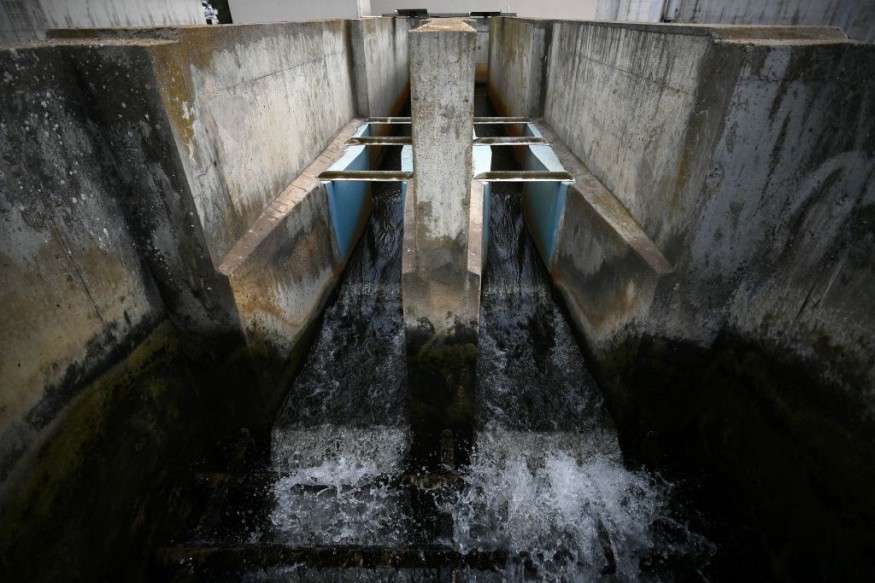Oil and gas extraction in the Permian Basin oil field in West Texas is projected to generate approximately 588 million gallons of wastewater per day in the next 38 years, according to a state-commissioned study group. The estimation is based on the research group's findings that oil and gas companies in the oil field are producing 3.8 billion barrels of wastewater per year.
Texas Wastewater Issue

The group considers the projected wastewater production amount for the next 15 or 16 years to be three times as much as the oil these entities are generating.
According to Rusty Smith, the executive director of the Texas Produced Water Consortium, the said content is a massive amount of water. Smith told Texas Groundwater Summit in San Antonio on Tuesday, August 30, as cited by Inside Climate News.
The study focused on the Permian Basin since it is the state's top oil-producing zone. Still, the increasing population has significantly stretched water supplies. Planners forecast a deficit equivalent to 20 billion gallon per year by 2030, according to the Texas Water Development Board.
What is Wastewater?
According to the United States Geological Survey (USGS), wastewater equates to "used water," which includes substances like human waste, chemicals, oils, soaps, and food scraps. In our homes, this water comes from bathtubs, toilets, showers, sinks, dishwashers, and washing machines. Entities in the business and industrial sectors also contribute to used water that must be cleaned due to contamination.
In natural causes, wastewater could also be a result of storm runoff, which is the water flowing through the streets or mud during a storm. Most people think these runoff waters are clean, yet they contain harmful substances which can harm rivers and lakes, the USGS explains.
With this, the US agency emphasized water should be treated to avoid health and environmental repercussions, mentioning instances that "wastewater treatment" is often confused for "sewage treatment." This is despite the fact that nature has ways to cope with relatively small amount of water waste and pollution.
However, mother nature has limits when it comes to filtering these waters. It would be overwhelmed if businesses and industries do not treat the billions of gallons of wastewater and sewage when released back to the environment, the USGS adds.
Global Wastewater Production
The wastewater crisis in Texas is only the tip of the iceberg. In fact, multiple reports and studies in recent years have shown that the excessive wastewater production is a growing environmental problem, which is expected amid modernization and industrialization.
Global quantification of wastewater production shows that the world is generating 359.4 billion cubic meters each year, according to the Earth System Science Data (ESSD) run by Copernicus.org.
The organization claims this is in line with previous estimates of 380 billion cubic meters worth of produced wastewater in 2020 and 450 billion cubic meters of the same excess used water in 2013 from different studies.
© 2025 NatureWorldNews.com All rights reserved. Do not reproduce without permission.





